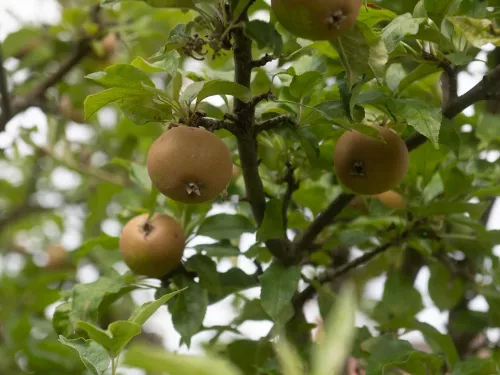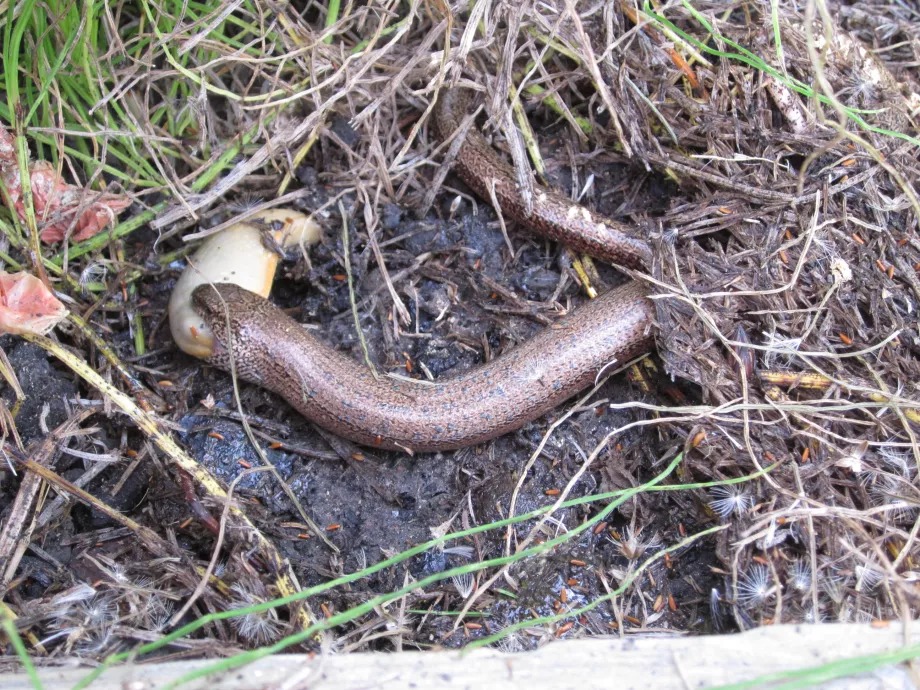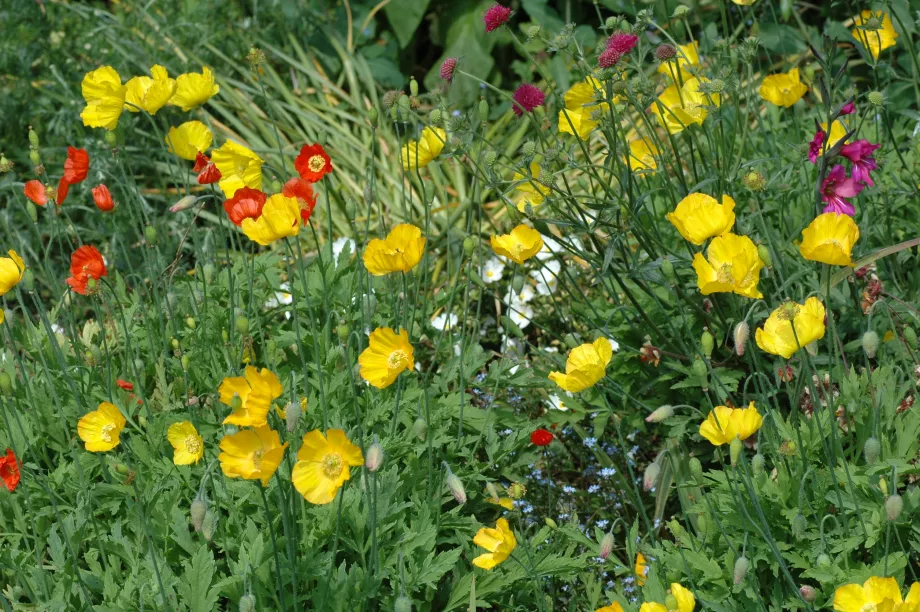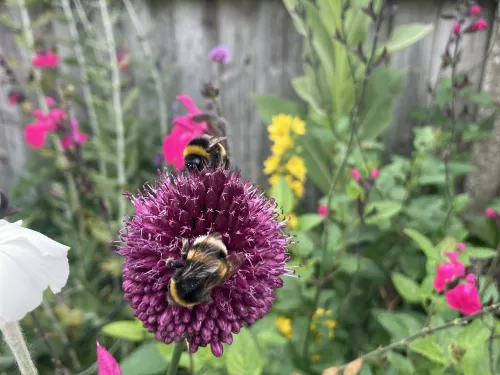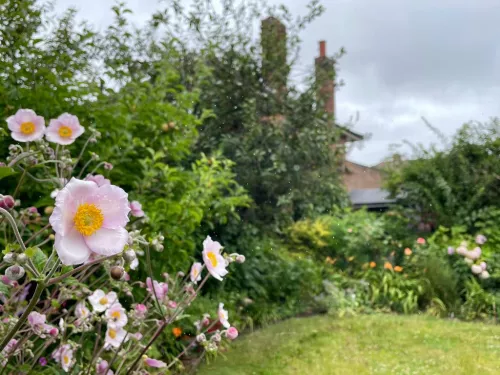Slugs really come into their own as an important part of the food chain. They provide food for birds, frogs and toads, slow-worms, and several species of spider and ground beetle. Glow-worm larvae feed on slugs. A healthy slug population will help to feed the creatures we love to see in our gardens, such as hedgehogs and thrushes.
Sadly, hedgehog numbers have declined by a shocking 30% over the last ten years. Gardeners waging chemical warfare against slugs have almost certainly played a part in the tragic decline of this much-loved creature. According to the BBC Wildlife website, British gardeners use 650 billion slug pellets each year which then enter the food chain. Tolerating slugs and avoiding poisons is something we can all do to try to halt the decline of the much-loved hedgehog.
Instead of resorting to poisons, you can work with nature to achieve a balance between predators and slugs. We see fewer slugs on top of our compost heap now we have a thriving population of slow-worms there, so perhaps we are witnessing natural pest control in action.
